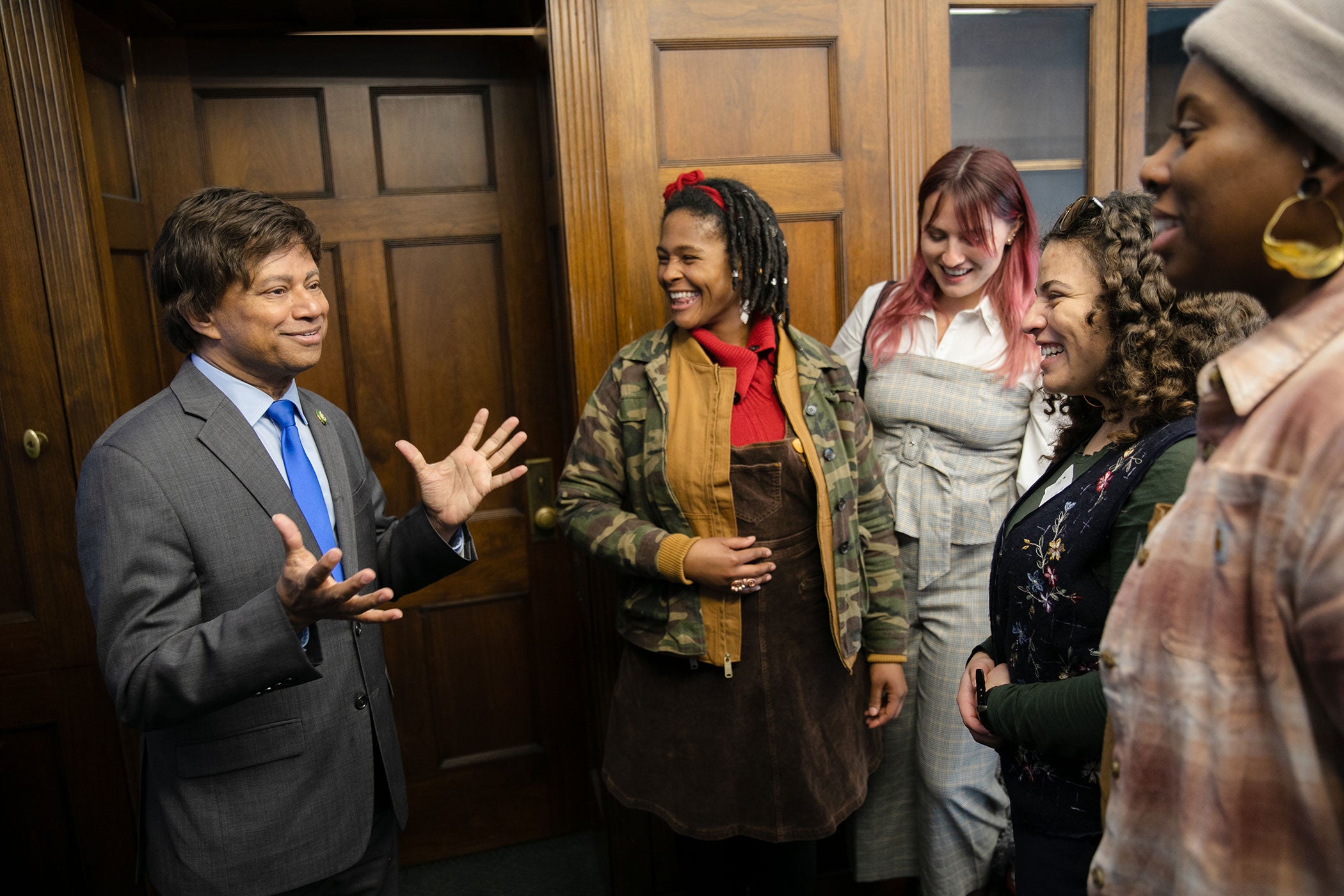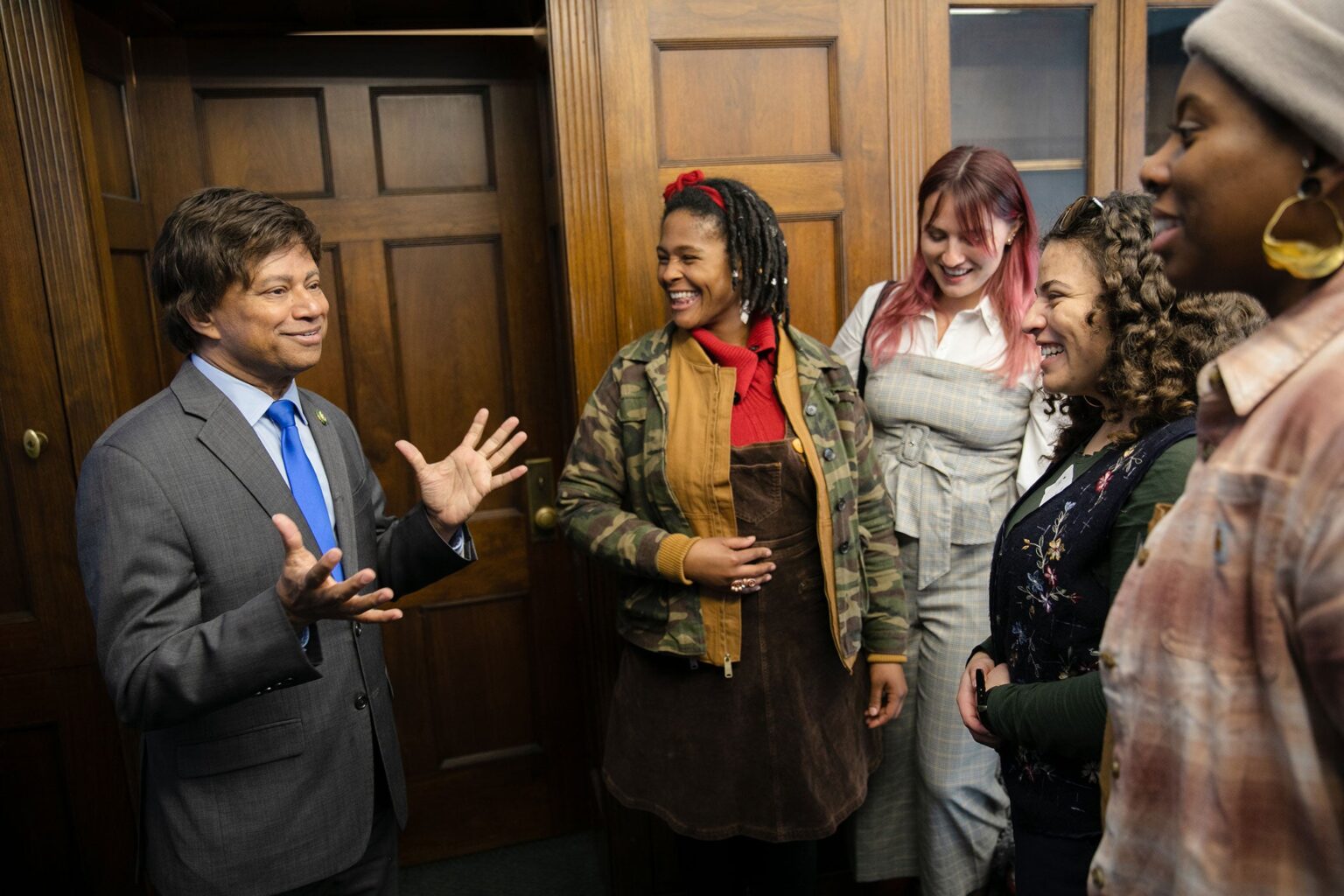The National Young Farmers Coalition — an organization that has spent the past 15 years helping to “equip young and BIPOC farmers with the tools, knowledge, and platforms to advocate for their needs” — announced today that it will be reducing its staff by 15 positions, a massive cut for such an organization. The coalition blames the layoffs on the funding instability from the Trump Administration and the drop in philanthropic giving.
“It’s no secret that it’s been a tough year for progressive nonprofits like ours. The volatile stock market, tariffs, attacks on DEI, and unpredictable government contract payments have taken a significant toll on our revenue, and have forced us and many of our partners to downsize,” the organization’s leadership said in a statement. “Farmers and ranchers are also making difficult decisions about laying off team members, reducing their production, or even selling off land to make it through this season.”
According to employment website RocketReach, the organization had 67 employees prior to the layoffs, which are slated to happen in the coming weeks. That means the move represents more than a quarter of the nonprofit’s staff.
“We are committed to channeling our frustration and energy for positive change into policy development, advocacy, and organizing. We all deserve a more just and livable future, and we deserve a public agricultural policy system that centers farmers and community-level needs,” said the organization, which is based in Hudson, New York.

Since its founding in 2010, the National Young Farmers Coalition has grown into largest farmer-led movement calling for federal farm policy that supports the new generation in agriculture. It says it has over 250,000 supporters, 6,500 active members, and more than 13,000 digital advocates, interspersed in 30 chapters across 23 states. The organizational leadership includes Michelle Hughes and Katherine Un as the co-executive directors and Salima Jones-Daley as the board president.
Among the steps the coalition has taken to advocate for young farmers:
- It has built transformative fellowships, such as the Land Advocacy Fellowship and the Root and Bloom Fellowship, which have empowered over 140 majority-BIPOC farmer fellows to take on leadership roles, advocate for policy change, and amplify their stories in op-eds and public forums;
- It has sent more than 50,000 emails to members of Congress advocating for our policy priorities in 2024 alone;
- It has hosted over 90 advocacy training and wellness events annually, prioritizing farmer mental health and resilience as essential pillars of sustainability;
- It has organized for a $300 million USDA investment in land access programs to support beginning and BIPOC farmers;
- In 2025, the group successfully reintroduced three marker bills focused on land access, credit access, and farmer-to-farmer education, including the bipartisan New Producer Economic Security Act.
Despite the downsizing, the coalition says that over the next year, it will refine and refocus its policy development and advocacy efforts, continue investing in farmer leadership, and offer in-person and virtual events hosted by state and regional organizers.


